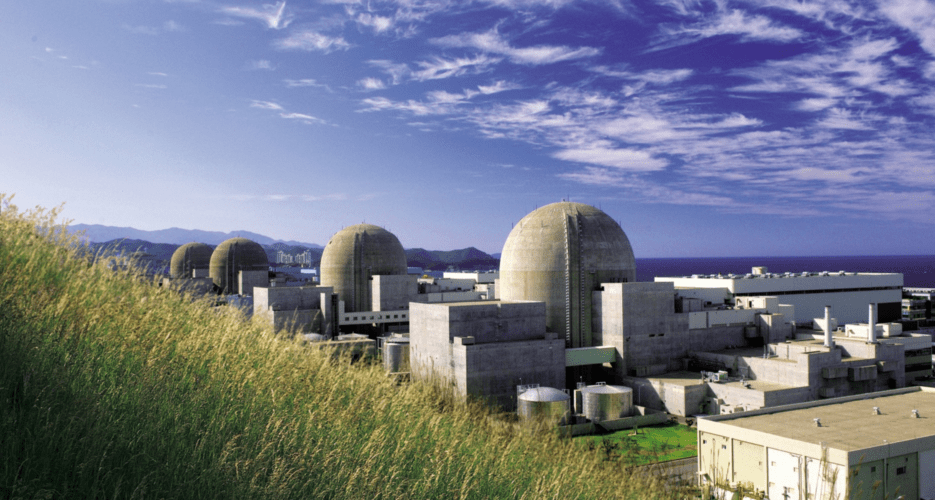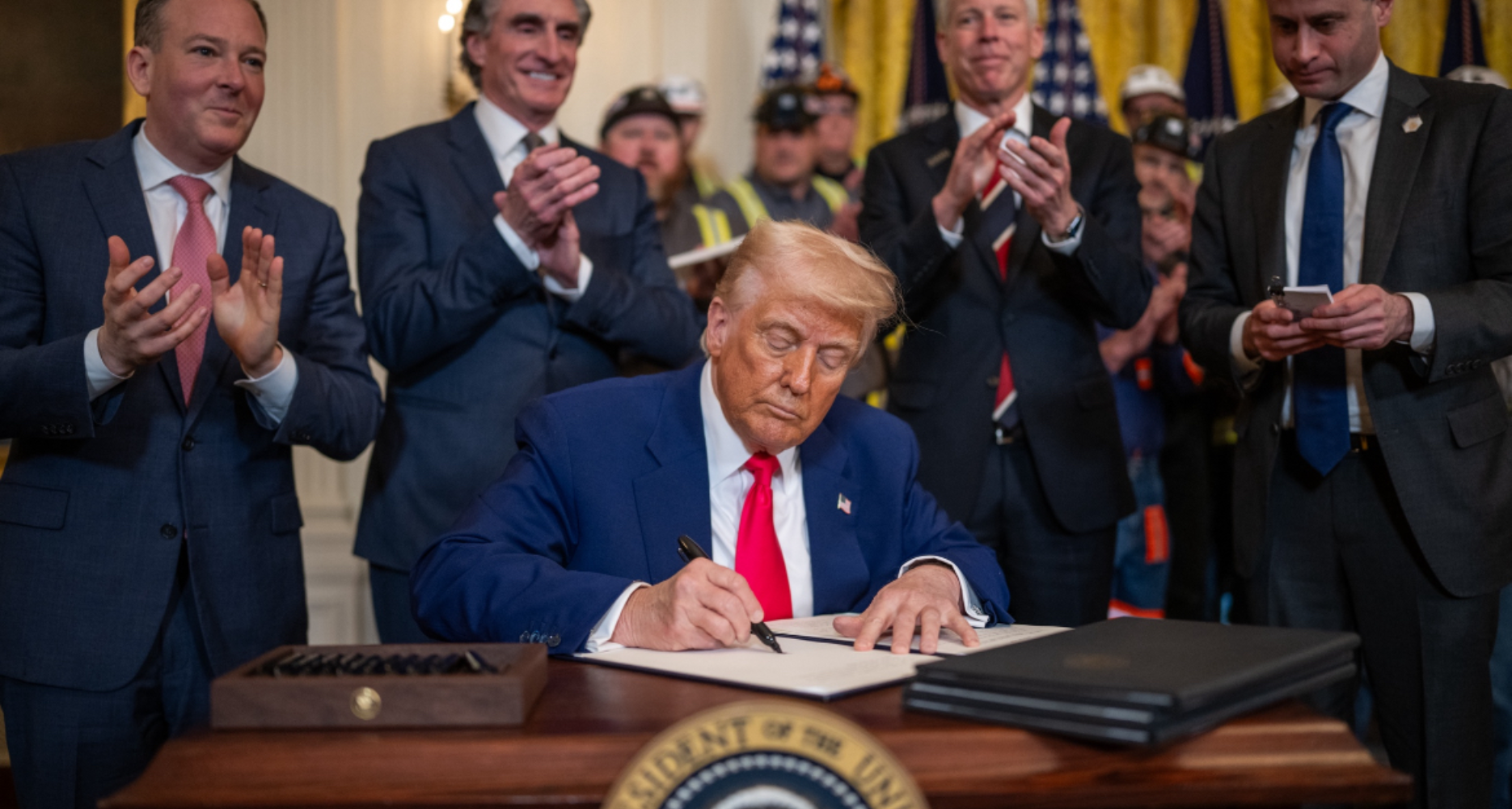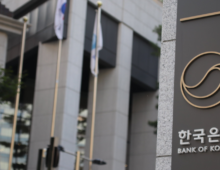In a significant legal development, the U.S. District Court for the District of Columbia dismissed a lawsuit that Westinghouse Electric Company lodged against its South Korean rivals, Korea Hydro & Nuclear Power (KHNP) and Korea Electric Power Corp. (KEPCO). Last October, Westinghouse asserted that the APR1400 Korean nuclear reactor, which KHNP intended to export to Poland and the Czech Republic, incorporated its proprietary technology. This technology, Westinghouse claimed, falls under the U.S. Atomic Energy Act’s export controls, necessitating a U.S. government license for any overseas transfer.
However, the court ruled that Westinghouse lacked the standing to sue over the enforcement of a U.S. export control regulation called Part 810. KHNP contended that they initially collaborated with Westinghouse in the reactor’s early development phases, but the models it now aims to export emerged from independent Korean innovation and thus remain outside the purview of U.S. export restrictions. While this ruling alleviates potential legal pressures for KHNP in its international dealings, the central contention — whether the Korean reactor technology belongs to Westinghouse or Korea — remains unresolved by the court.
In a significant legal development, the U.S. District Court for the District of Columbia dismissed a lawsuit that Westinghouse Electric Company lodged against its South Korean rivals, Korea Hydro & Nuclear Power (KHNP) and Korea Electric Power Corp. (KEPCO). Last October, Westinghouse asserted that the APR1400 Korean nuclear reactor, which KHNP intended to export to Poland and the Czech Republic, incorporated its proprietary technology. This technology, Westinghouse claimed, falls under the U.S. Atomic Energy Act’s export controls, necessitating a U.S. government license for any overseas transfer.
However, the court ruled that Westinghouse lacked the standing to sue over the enforcement of a U.S. export control regulation called Part 810. KHNP contended that they initially collaborated with Westinghouse in the reactor’s early development phases, but the models it now aims to export emerged from independent Korean innovation and thus remain outside the purview of U.S. export restrictions. While this ruling alleviates potential legal pressures for KHNP in its international dealings, the central contention — whether the Korean reactor technology belongs to Westinghouse or Korea — remains unresolved by the court.
Get your
KoreaPro
subscription today!
Unlock article access by becoming a KOREA PRO member today!
Unlock your access
to all our features.
Standard Annual plan includes:
-
Receive full archive access, full suite of newsletter products
-
Month in Review via email and the KOREA PRO website
-
Exclusive invites and priority access to member events
-
One year of access to NK News and NK News podcast
There are three plans available:
Lite, Standard and
Premium.
Explore which would be
the best one for you.
Explore membership options
© Korea Risk Group. All rights reserved.
No part of this content may be reproduced, distributed, or used for
commercial purposes without prior written permission from Korea Risk
Group.












